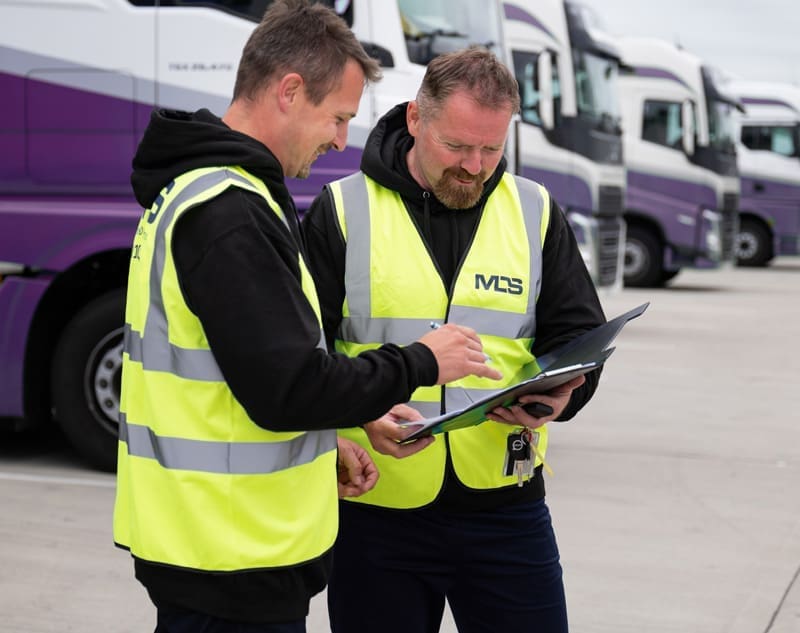Any business that employs drivers has certain legal responsibilities to fulfil when keeping records. These require the business to have robust procedures for collecting the required data. They also need clear processes for storing this information.
Here are some of the main types of driver records that a business employing drivers must keep:
Driver CPC records
A Driver Certificate Professional Competence (CPC) card, driver CPC card, is issued when a driver has done 35 hours of periodic training every 5 years. This is effectively a license to drive professionally and must be carried by the license holder whilst undertaking any driving work. However, their employer should record their license status, including the expiry date and entitlements, and actively review their professional drivers to ensure the licence remains valid.
Driver licence checks
Drivers must ensure they have the correct entitlement for the type of vehicle they are driving and that the licence is up to date and valid. Drivers are also required to have medicals at set periods, or the licence will expire. It is the driver’s responsibility to ensure their licence is valid and current. Businesses have a clear and legal obligation to ensure their drivers’ licences are valid under the Road Traffic Act and The Corporate Manslaughter and Corporate Homicide Act 2007, and to keep records. You should carry your licence on you when driving.
Daily driver checks

HGV drivers are required to complete daily checks on their vehicles. They must then record any defects with appropriate detail, as well as information like the date and time the defect was identified.
They will then report this to a party who has the authority to deal with the defect, which may or may not be their employer. Regardless, records of any defect must be held and be available for 15 months on request.
Tachograph
The tachograph is an important compliance tool for anyone employing drivers, allowing them to record their activities automatically. The device is installed in a vehicle. It records the driver’s details, speed, distance driven, and driver activity on the tachograph and driver digi card. This includes how long the driver has been driving.
Both the EU and UK have rules about how long a driver can drive. It is important to check the tachograph records. This helps ensure drivers follow the rules and take their rest periods. This information must legally be stored by the company for a minimum of 12 months for Drivers Hours regulations, and 24 months for Working Time regulations to demonstrate compliance to the rules.
It’s important for employers to actively monitor their drivers’ working time and ensure they are remaining compliant for their safety and the safety of others on the road.
Training
Any training a driver undergoes must also be recorded. This is so that drivers with the relevant training are able to be dispatched to appropriate specialist jobs, as well as to see if any drivers need to complete training in order to remain compliant to the CPC requirements.
At More Drivers Solutions, we keep comprehensive records of all our drivers and have built robust procedures to ensure each driver remains compliant, safe, and behaves in a responsible manner in every job they do.
Call 01604 588 300 or email sales@moredriversolutions.ltd.uk to learn more.

